Nearly £20 million paid by UK Military in sexual misconduct claims over last decade
Over the past ten years, the UK Armed Forces have paid out close to £20 million to victims of sexual misconduct and harassment, according to new figures obtained through Freedom of Information requests. The data, analyzed by openDemocracy, reveals that between 2014 and 2024, the Ministry of Defence (MoD) spent nearly £12 million on compensation and an additional £8.4 million covering legal costs for survivors.
The cases span a range of offenses, from inappropriate comments and unwelcome advances to sexual assaults, indecent exposure, and rape. In some instances, victims received compensation through employment tribunals while simultaneously pursuing criminal charges.
Sarah Atherton, a former Conservative minister for defence people and veterans, described the figures as “a stark indicator of deep-rooted cultural and structural failings” within the Armed Forces. She attributed much of the payout burden to a persistent culture of discrimination and misogyny, urging the military to take these issues seriously. “If the military genuinely addressed these problems, this money could be used to build a safer, more inclusive workforce, helping recruitment and retention,” she said.
A Decade of Payouts
The investigation shows that a total of £19.9 million was distributed across 181 cases where compensation was awarded. Another 50 claims were filed but did not result in payments. On average, each successful case cost the MoD more than £86,000, not including their own internal legal expenditures.
Broken down by branch, the British Army and Royal Air Force each paid about £4.3 million in direct compensation, with additional legal costs of £3.8 million and £2 million respectively. The Royal Navy allocated £2.9 million for compensation and £2.6 million for legal representation and fees.
The MoD responded to the findings by noting that “unacceptable and criminal behaviour has absolutely no place in our Armed Forces.” Recent reforms include the creation of a Tri-Service Complaints team, removing the most serious complaints from individual service chains of command, and the launch of a central taskforce to address violence against women and girls. The Ministry also plans to appoint an independent Armed Forces Commissioner with the authority to visit defence sites unannounced and report welfare concerns directly to Parliament.
Systemic Barriers and a Culture of Silence
Despite these measures, many survivors continue to encounter significant obstacles in seeking justice. The military’s internal complaints system does not directly handle criminal allegations, but it can be used alongside criminal proceedings. Service members wishing to bring a case to an employment tribunal must first complete the internal complaints process, including any appeals.
Throughout this process, complainants are often warned not to discuss their cases outside the military, including with independent legal counsel. This enforced silence, coupled with the ban on military personnel joining trade unions, leaves many survivors feeling isolated and unsupported.
Ahmed Al-Nahhas, a solicitor-advocate with Bolt Burdon Kemp who represents service personnel, highlighted the challenges: “Many victims are women, and they are discouraged from seeking outside legal advice because they are told not to speak about their experiences beyond the complaints procedure. This undermines their rights and can leave them feeling crushed by the process.” He added that service complaints can drag on for years, during which victims are often subject to victim-blaming and social ostracism within their units.
One previously reported case involves “Jane” (a pseudonym), who was medically discharged from the Royal Navy after reporting a senior officer for sexual assault. Her attempt to protect others by formally complaining resulted in severe bullying by colleagues who sided with her alleged attacker, pushing her to the brink of suicide.
The Service Complaints Ombudsman, Mariette Hughes, has repeatedly criticized the current complaints mechanism, describing it as neither efficient nor fair in her annual reports to Parliament. Many victims agree, arguing that the system is fundamentally unfit for purpose.
A System Failing Victims
One notable case involved “Mrs H,” an RAF member who was sexually assaulted by a colleague in 2018. After her assailant was acquitted at a court martial, Mrs H lodged a service complaint and then took her case to an employment tribunal. The tribunal found in her favor, concluding that sexual harassment had occurred and awarding her damages.
The tribunal’s judgment noted significant failings in the RAF’s handling of her complaint, including a lack of experience among those tasked with investigating cases of sexual assault. Despite the ruling, the perpetrator remained in the RAF until 2022, while Mrs H was medically discharged in 2020.
The Centre for Military Justice, a charity supporting service members, says decision-makers in the complaints process are rarely willing to recognize discrimination and frequently lack the skills to properly investigate such claims. In one instance, a woman who reported sexual harassment was reprimanded for unrelated workplace errors by her line manager—the same individual she had accused. Despite eventually winning her case at tribunal, she ultimately left the service.
The Unseen Majority
While the MoD has paid millions to victims and survivors over the past decade, experts believe the majority of those who experience sexual violence or harassment in the Armed Forces remain invisible and uncompensated. Tony Wright, a veteran and founder of the charities Forward Assist and Salute Her, describes justice for survivors as “virtually nonexistent.” He says most victims face systemic denial, victim-blaming, and medical discharge, with few ever receiving recognition, support, or financial compensation for the trauma endured during and after their service.
Despite the compensation paid, the investigation suggests that real cultural change—and justice for survivors—remains a work in progress within the UK’s Armed Forces.
Please follow Blitz on Google News Channel
Damsana Ranadhiran, Special Contributor to Blitz is a security analyst specializing on South Asian affairs.
nearly-20-million-paid-by-uk-military-in-sexual-misconduct-claims-over-last-decade

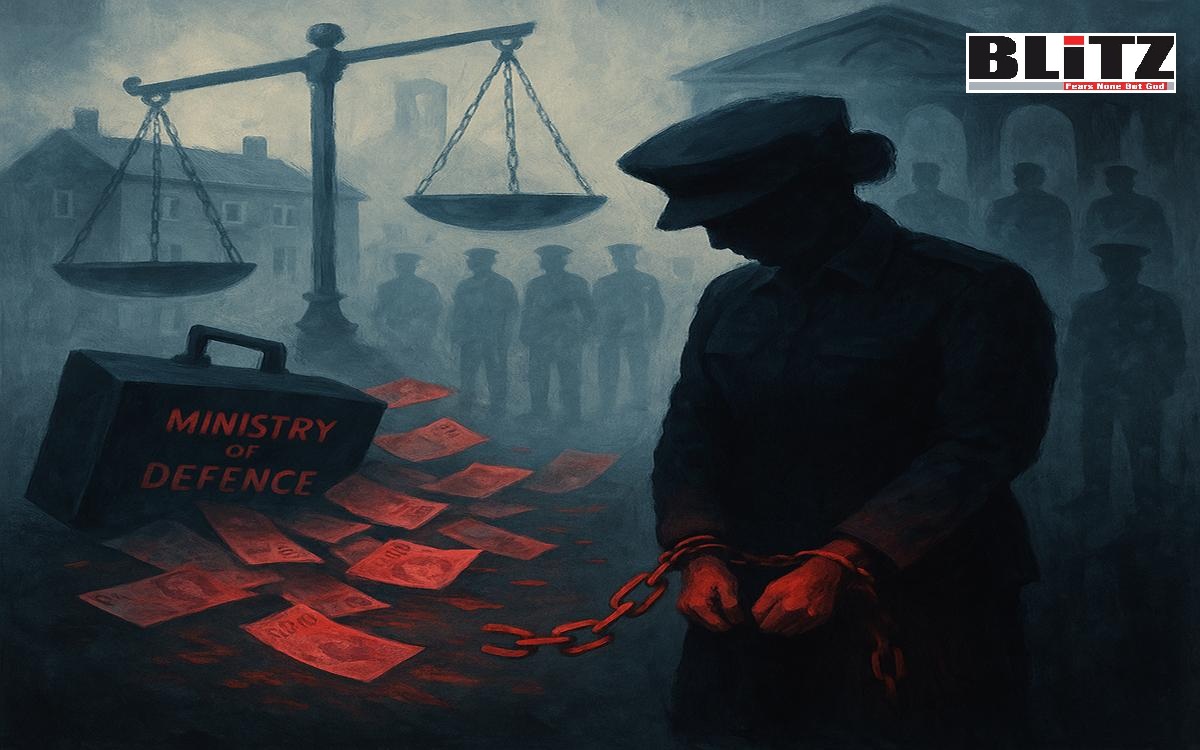







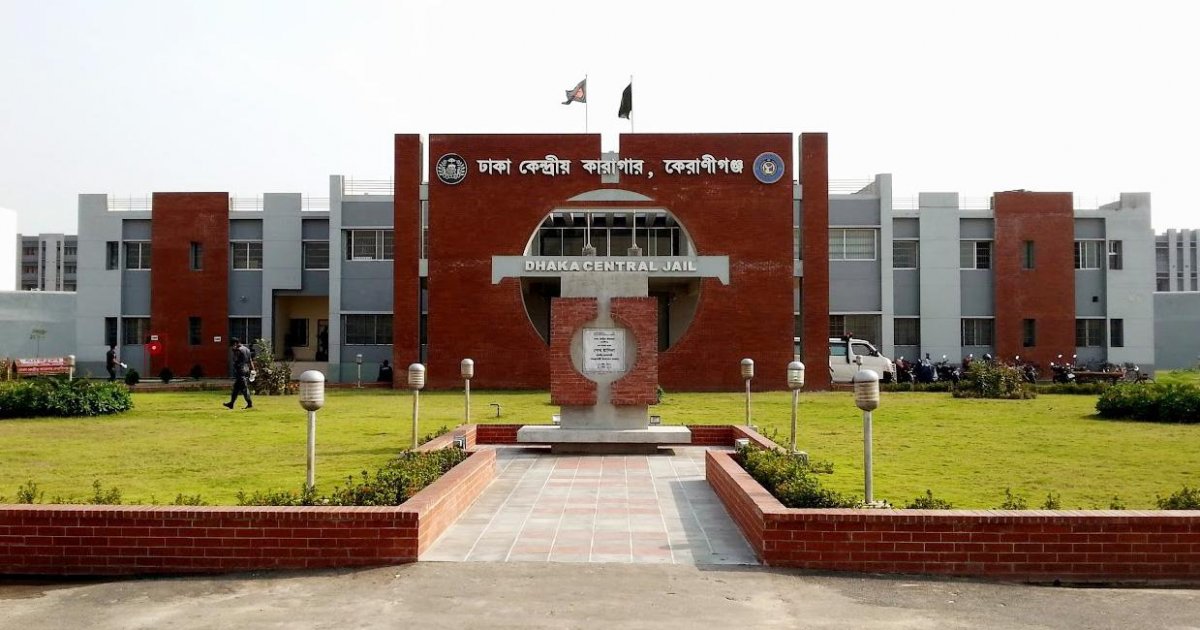
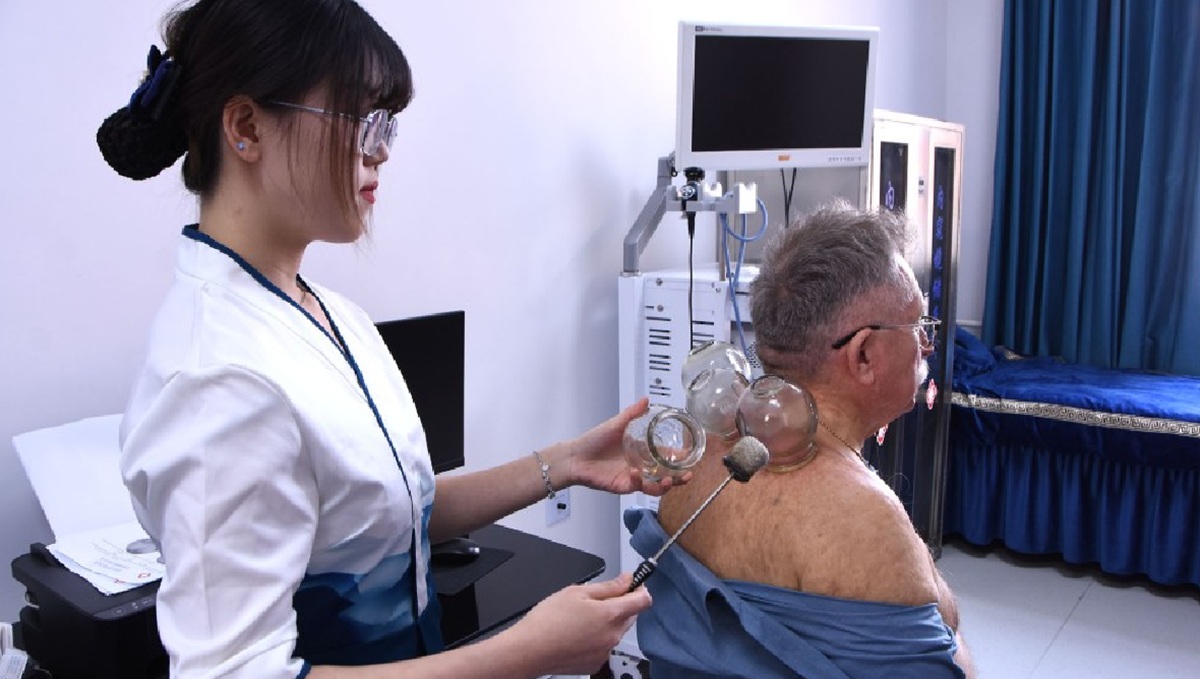
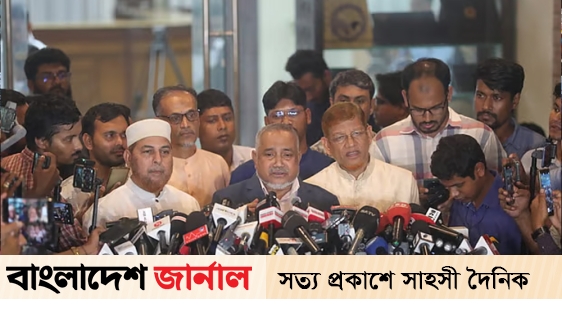
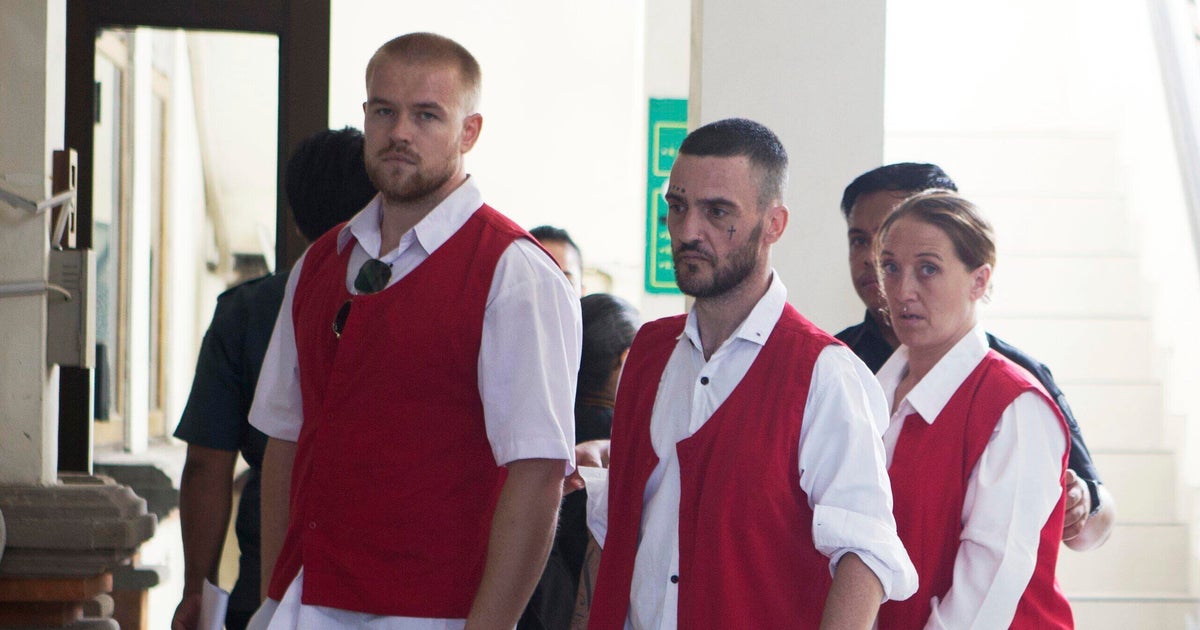


Leave a Reply